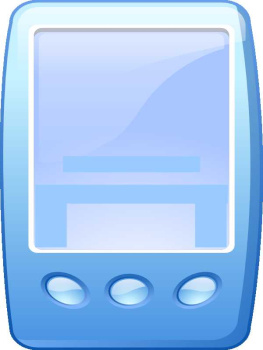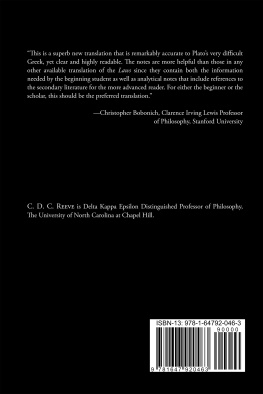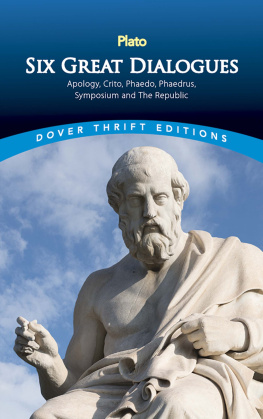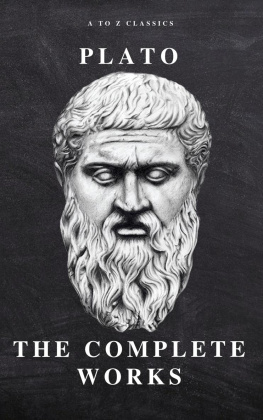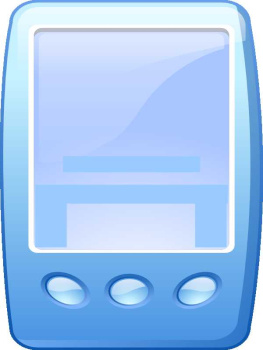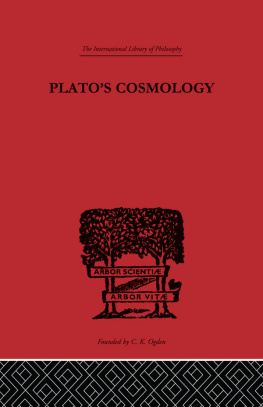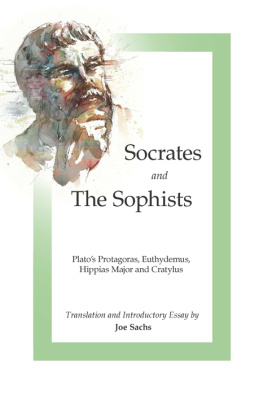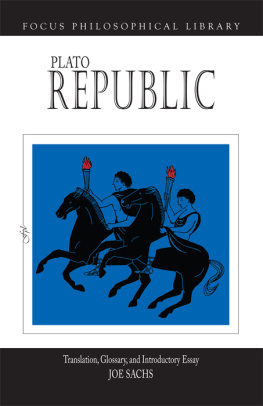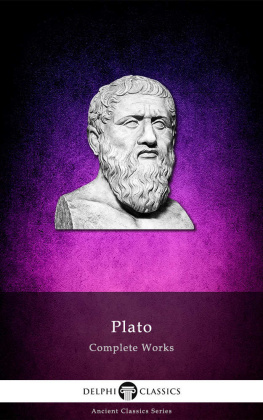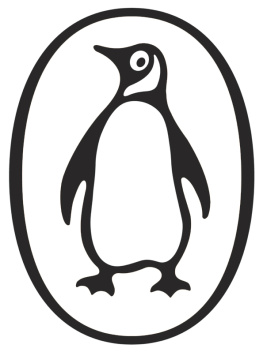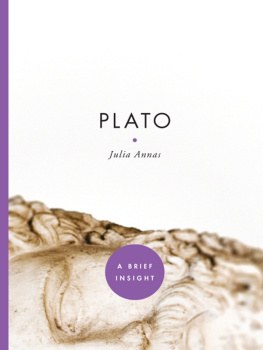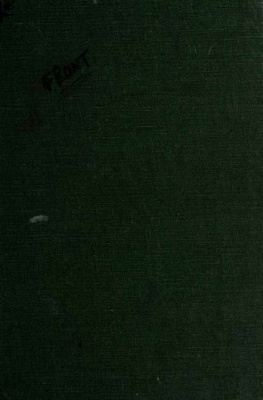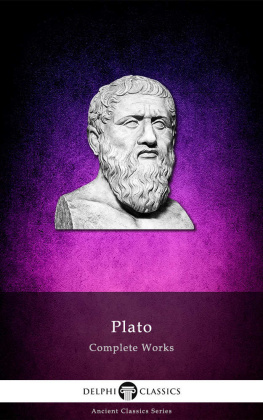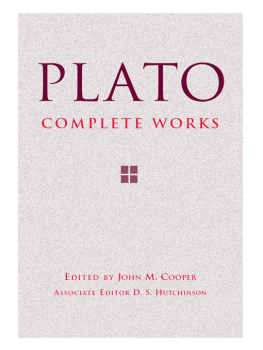Plato - Euthydemus
Here you can read online Plato - Euthydemus full text of the book (entire story) in english for free. Download pdf and epub, get meaning, cover and reviews about this ebook. genre: Science. Description of the work, (preface) as well as reviews are available. Best literature library LitArk.com created for fans of good reading and offers a wide selection of genres:
Romance novel
Science fiction
Adventure
Detective
Science
History
Home and family
Prose
Art
Politics
Computer
Non-fiction
Religion
Business
Children
Humor
Choose a favorite category and find really read worthwhile books. Enjoy immersion in the world of imagination, feel the emotions of the characters or learn something new for yourself, make an fascinating discovery.
Euthydemus: summary, description and annotation
We offer to read an annotation, description, summary or preface (depends on what the author of the book "Euthydemus" wrote himself). If you haven't found the necessary information about the book — write in the comments, we will try to find it.
Euthydemus — read online for free the complete book (whole text) full work
Below is the text of the book, divided by pages. System saving the place of the last page read, allows you to conveniently read the book "Euthydemus" online for free, without having to search again every time where you left off. Put a bookmark, and you can go to the page where you finished reading at any time.
Font size:
Interval:
Bookmark:
The Project Gutenberg EBook of Euthydemus, by Plato
This eBook is for the use of anyone anywhere at no cost and with
almost no restrictions whatsoever. You may copy it, give it away or
re-use it under the terms of the Project Gutenberg License included
with this eBook or online at www.gutenberg.org
Title: Euthydemus
Author: Plato
Translator: Benjamin Jowett
Release Date: November 23, 2008 [EBook #1598]
Language: English
*** START OF THIS PROJECT GUTENBERG EBOOK EUTHYDEMUS ***
Produced by Sue Asscher, and David Widger
INTRODUCTION. EUTHYDEMUS |
The Euthydemus, though apt to be regarded by us only as an elaborate jest, has also a very serious purpose. It may fairly claim to be the oldest treatise on logic; for that science originates in the misunderstandings which necessarily accompany the first efforts of speculation. Several of the fallacies which are satirized in it reappear in the Sophistici Elenchi of Aristotle and are retained at the end of our manuals of logic. But if the order of history were followed, they should be placed not at the end but at the beginning of them; for they belong to the age in which the human mind was first making the attempt to distinguish thought from sense, and to separate the universal from the particular or individual. How to put together words or ideas, how to escape ambiguities in the meaning of terms or in the structure of propositions, how to resist the fixed impression of an 'eternal being' or 'perpetual flux,' how to distinguish between words and thingsthese were problems not easy of solution in the infancy of philosophy. They presented the same kind of difficulty to the half-educated man which spelling or arithmetic do to the mind of a child. It was long before the new world of ideas which had been sought after with such passionate yearning was set in order and made ready for use. To us the fallacies which arise in the pre-Socratic philosophy are trivial and obsolete because we are no longer liable to fall into the errors which are expressed by them. The intellectual world has become better assured to us, and we are less likely to be imposed upon by illusions of words.
The logic of Aristotle is for the most part latent in the dialogues of Plato. The nature of definition is explained not by rules but by examples in the Charmides, Lysis, Laches, Protagoras, Meno, Euthyphro, Theaetetus, Gorgias, Republic; the nature of division is likewise illustrated by examples in the Sophist and Statesman; a scheme of categories is found in the Philebus; the true doctrine of contradiction is taught, and the fallacy of arguing in a circle is exposed in the Republic; the nature of synthesis and analysis is graphically described in the Phaedrus; the nature of words is analysed in the Cratylus; the form of the syllogism is indicated in the genealogical trees of the Sophist and Statesman; a true doctrine of predication and an analysis of the sentence are given in the Sophist; the different meanings of one and being are worked out in the Parmenides. Here we have most of the important elements of logic, not yet systematized or reduced to an art or science, but scattered up and down as they would naturally occur in ordinary discourse. They are of little or no use or significance to us; but because we have grown out of the need of them we should not therefore despise them. They are still interesting and instructive for the light which they shed on the history of the human mind.
There are indeed many old fallacies which linger among us, and new ones are constantly springing up. But they are not of the kind to which ancient logic can be usefully applied. The weapons of common sense, not the analytics of Aristotle, are needed for their overthrow. Nor is the use of the Aristotelian logic any longer natural to us. We no longer put arguments into the form of syllogisms like the schoolmen; the simple use of language has been, happily, restored to us. Neither do we discuss the nature of the proposition, nor extract hidden truths from the copula, nor dispute any longer about nominalism and realism. We do not confuse the form with the matter of knowledge, or invent laws of thought, or imagine that any single science furnishes a principle of reasoning to all the rest. Neither do we require categories or heads of argument to be invented for our use. Those who have no knowledge of logic, like some of our great physical philosophers, seem to be quite as good reasoners as those who have. Most of the ancient puzzles have been settled on the basis of usage and common sense; there is no need to reopen them. No science should raise problems or invent forms of thought which add nothing to knowledge and are of no use in assisting the acquisition of it. This seems to be the natural limit of logic and metaphysics; if they give us a more comprehensive or a more definite view of the different spheres of knowledge they are to be studied; if not, not. The better part of ancient logic appears hardly in our own day to have a separate existence; it is absorbed in two other sciences: (1) rhetoric, if indeed this ancient art be not also fading away into literary criticism; (2) the science of language, under which all questions relating to words and propositions and the combinations of them may properly be included.
To continue dead or imaginary sciences, which make no signs of progress and have no definite sphere, tends to interfere with the prosecution of living ones. The study of them is apt to blind the judgment and to render men incapable of seeing the value of evidence, and even of appreciating the nature of truth. Nor should we allow the living science to become confused with the dead by an ambiguity of language. The term logic has two different meanings, an ancient and a modern one, and we vainly try to bridge the gulf between them. Many perplexities are avoided by keeping them apart. There might certainly be a new science of logic; it would not however be built up out of the fragments of the old, but would be distinct from themrelative to the state of knowledge which exists at the present time, and based chiefly on the methods of Modern Inductive philosophy. Such a science might have two legitimate fields: first, the refutation and explanation of false philosophies still hovering in the air as they appear from the point of view of later experience or are comprehended in the history of the human mind, as in a larger horizon: secondly, it might furnish new forms of thought more adequate to the expression of all the diversities and oppositions of knowledge which have grown up in these latter days; it might also suggest new methods of enquiry derived from the comparison of the sciences. Few will deny that the introduction of the words 'subject' and 'object' and the Hegelian reconciliation of opposites have been 'most gracious aids' to psychology, or that the methods of Bacon and Mill have shed a light far and wide on the realms of knowledge. These two great studies, the one destructive and corrective of error, the other conservative and constructive of truth, might be a first and second part of logic. Ancient logic would be the propaedeutic or gate of approach to logical science,nothing more. But to pursue such speculations further, though not irrelevant, might lead us too far away from the argument of the dialogue.
The Euthydemus is, of all the Dialogues of Plato, that in which he approaches most nearly to the comic poet. The mirth is broader, the irony more sustained, the contrast between Socrates and the two Sophists, although veiled, penetrates deeper than in any other of his writings. Even Thrasymachus, in the Republic, is at last pacified, and becomes a friendly and interested auditor of the great discourse. But in the Euthydemus the mask is never dropped; the accustomed irony of Socrates continues to the end...
Font size:
Interval:
Bookmark:
Similar books «Euthydemus»
Look at similar books to Euthydemus. We have selected literature similar in name and meaning in the hope of providing readers with more options to find new, interesting, not yet read works.
Discussion, reviews of the book Euthydemus and just readers' own opinions. Leave your comments, write what you think about the work, its meaning or the main characters. Specify what exactly you liked and what you didn't like, and why you think so.

